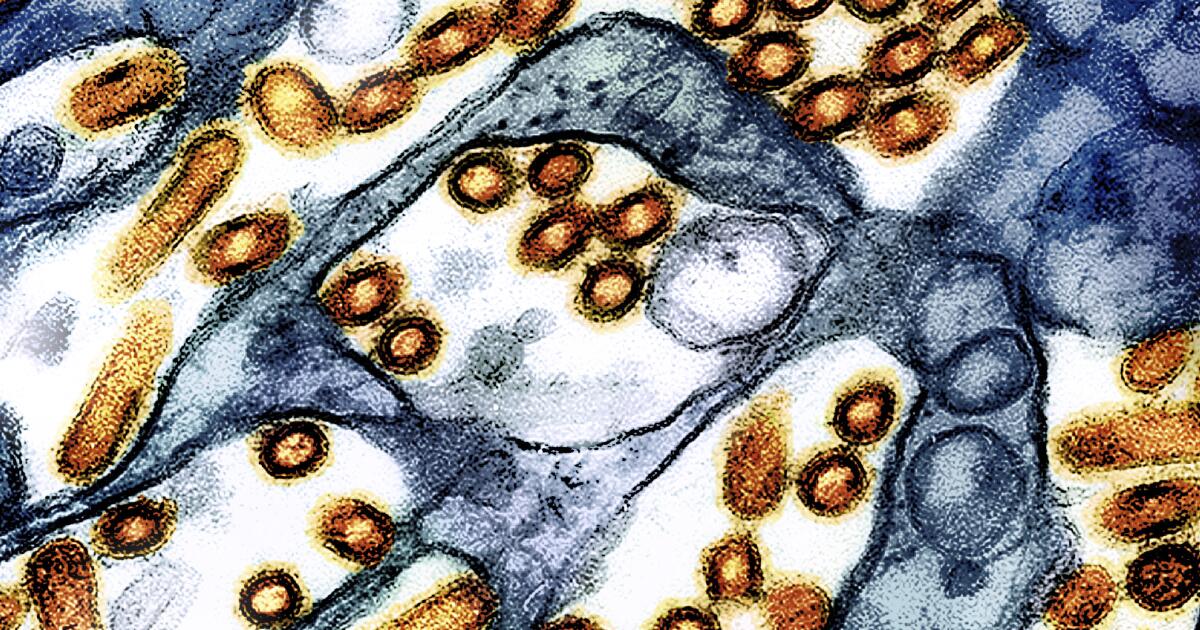BUENOS AIRES (Reuters) – Homelessness is on the rise across major Argentine cities as the new libertarian government’s tough medicine reforms squeeze pensions, state salaries and push up rental prices, forcing more people into poverty.
The latest survey by local authorities showed the official number of Argentines sleeping rough on the streets of Buenos Aires reached 4,009 in April, up from 3,511 a year prior. These numbers are being replicated in other urban centers like Cordoba and Rosario, as President Javier Milei rebalances the state purse at a steep cost to the economy and the most vulnerable.
Rocio Coman, who receives a state pension, has been homeless for several years. She described the current situation as a “disaster”.
She was among a mix of homeless and now working-class people seeking help from “Amigos en Camino”, a charity in Buenos Aires that patrols the streets distributing aid to those struggling to stay afloat.
Charity organizer, Monica De Russis, 59, who has helped run Amigos en Camino, or Friends on the Road, for the past 13 years, has seen conditions worsen. Many more people “who have a roof over their heads” are coming to them because “they don’t earn enough,” said Russis. “(We are) doing our bit.”
So far, the government response to the homelessness crisis has faced criticism.
Aid to thousands of soup kitchens was frozen when Milei took office in December, as his government attempts to tackle corruption in the social welfare system and streamline the process of delivering state assistance. Milei said he wants to end “the business of poverty” by changing the way charities are used as intermediaries when distributing resources to those in need.
An Argentine court on Monday ordered the government to release tons of food designated for the poor that had been held in storage pending an audit requested by the government.
The presidential spokesman earlier this week confirmed they will appeal the decision.
BETWEEN EATING AND HEATING
Despite having a job, 52-year-old Francisco Llamas, is among those who have been forced to turn to food banks for help.
His monthly electricity bill in Buenos Aires has shot up to 12,000 pesos ($13.50) from 1,100 pesos ($2.50) in November as the government begins targeting utility subsidies and rolling out tax hikes as part of its austerity program.
Coupled with near 300% annual inflation, the choice for many Argentines this Southern Hemisphere winter is between heating and eating.
“I’m someone who works, and I can’t get to the end of the month,” said Llamas who earns money by caring for the elderly. The Milei government, “isn’t thinking much about the middle classes, and those below,” Llamas added.
In the first quarter of this year, nearly 18% of households could no longer meet their basic food and energy needs, up from 9.6% registered a year prior, a report by the Catholic University of Argentina (UCA) showed.
Estimates from UCA suggest that almost 55.5% – or roughly 25 million people – lived in poverty during the first three months of the year, up 10% compared to the same period in 2023.
Milei is battling an inherited issue of high poverty. The South American country has registered a poverty rate firmly above 25% in the past two decades.
But acute poverty, campaigners said, has exacerbated under Milei whose policies to bring triple-digit inflation under control are improving the state’s finances but have left more people struggling to feed themselves.
Back on the streets of Buenos Aires, Russis pointed to the risk of more ordinary people becoming homeless: “The choice is between paying the rent or eating,” she said.
(Reporting by Juan Bustamente and Horacio Soria; Writing by Lucinda Elliott; Editing by Adam Jourdan and Sonali Paul)
